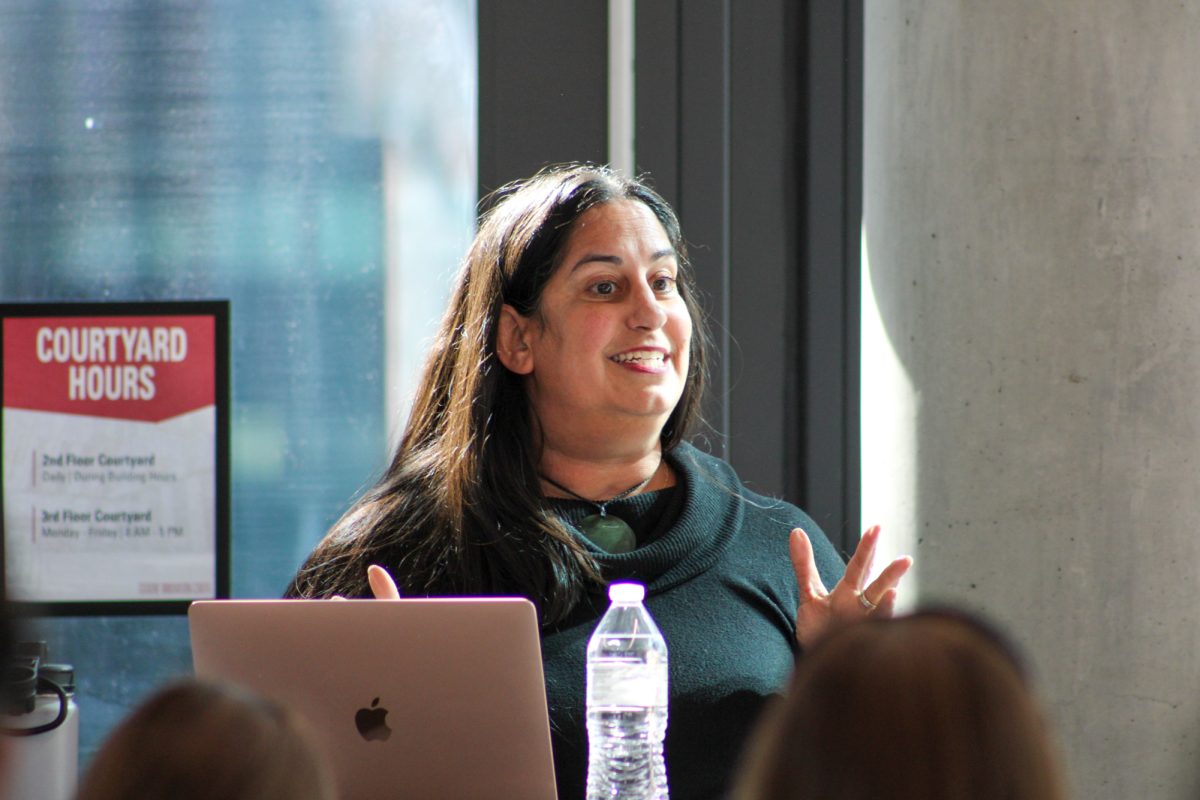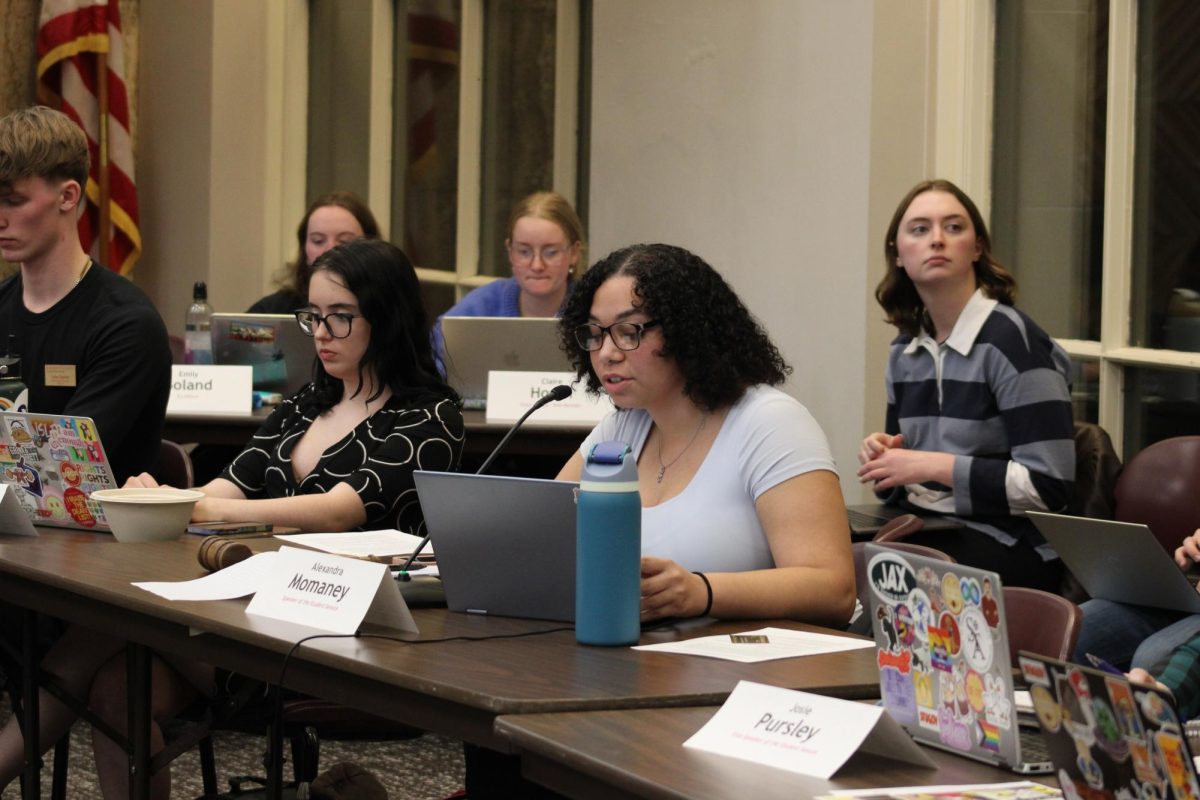Pakistan to shun Afghan conference
November 29, 2011
CNN
(CNN) — Afghanistan’s president asked Pakistan to reconsider its decision on Tuesday to boycott an upcoming conference on the future of Afghanistan.
The conference is being billed as a chance to start a reconciliation process in Afghanistan. But Pakistan’s Cabinet unanimously decided not to attend the Monday conference in Bonn, Germany, because of the NATO killing last week of two dozen of its troops.
“Such incidents are the result of the current insecurity in the region, thus making it even more compelling for both the countries to take joint actions so the region can be safe against such incidents,” Afghan President Hamid Karzai’s office said, citing his comments in a call on Tuesday to Pakistani Prime Minister Yousuf Raza Gilani
Karzai urged the country to change its decision and send its foreign minister to the conference, Karzai’s office said. But Gilani didn’t comment “on his country’s non-representation in the Bonn Conference,” Karzai’s office said.
A press release from Gilani’s office conveyed the prime minister’s misgivings about Pakistan’s political influence in light of cross-border attacks. Gilani’s office also cited Karzai as saying “Pakistan’s absence … would not be helpful to the efforts aimed at bringing about peace in Afghanistan.”
Pakistan has been a vital land supply route into Afghanistan for the United States and its allies, and a key partner in the battle against al Qaeda and its aligned jihadist movements.
But Afghanistan and Pakistan long have been trading accusations in the past few months. Pakistan has accused the Afghans of harboring militants. Afghanistan has said Pakistan has backed insurgents who’ve staged attacks against its forces. Ashraf Ghani, a senior Karzai adviser, has even broached the possibility that Afghanistan and Pakistan may be on a course toward military conflict.
CNN national security analyst Peter Bergen called Pakistan’s decision to boycott the conference “quite significant.”
“Without Pakistan there can’t be a real settlement in Afghanistan. After all, almost all the Taliban leaders are living in Pakistan and only Pakistan can put the pressure on them to come to the negotiating table,” Bergen said.
U.S. Secretary of State Hillary Clinton, Russian Foreign Minister Sergey Lavrov, French Foreign Minister Alain Juppe, British Foreign Secretary William Hague and U.N. Secretary-General Ban Ki-moon are among 65 foreign ministers and heads of international organizations expected to participate.
The Pakistani Cabinet “reaffirmed Pakistan’s support for stability and peace in Afghanistan and the importance of an Afghan-led, Afghan-owned process of reconciliation and expressed the hope that the international community will reaffirm its support for peace and development in Afghanistan at the forthcoming Bonn Conference,” Pakistan’s Foreign Ministry said.
“Pakistan looks forward to the success of this conference, but in view of the developments and prevailing circumstances has decided not to participate in the conference.”
A German Foreign Ministry spokesman said the cancellation, which has not been officially conveyed yet, is a shame and clearly a setback in the quest for regional stability,
It’s not clear if the Pakistani government will reconsider its boycott decision if conditions change. The German Foreign Ministry spokesman said his country “will do all it can to integrate Pakistan into the efforts to create stability in the region.”
Gilani told CNN in an exclusive interview Monday that Pakistan is re-evaluating its relationship with the United States in light of the airstrike.
The incident, which NATO called a “tragic unintended” event, compelled Pakistani authorities to turn back 300 trucks carrying NATO supplies and fuel into Afghanistan on Monday.
The Cabinet “noted with satisfaction” on Tuesday the closing of supply lines and a request for the United States to vacate the Shamsi Air Base.
Gilani said the country wants to maintain its relationship with the United States so long as there is mutual respect and respect for Pakistani sovereignty. Asked directly if Pakistan is getting that respect, Gilani said on Monday: “At the moment (it is) not.”
“If I can’t protect the sovereignty of my country, how can we say that this is mutual respect and mutual interest?” he asked.
In his CNN interview, Gilani highlighted incidents such as the killing of the Pakistani troops and a U.S. raid into Pakistan to kill al Qaeda leader Osama bin Laden as violations of his country’s sovereignty.
Gilani asked Karzai on Tuesday how a country “whose own sovereignty and territorial integrity was violated from the Afghan soil, could play a constructive role,” the prime minister’s office said in a press release.
Noting cross-border attacks in which security personnel were killed in Pakistan, Gilani said that “the recurrence of such incidents would definitely narrow down the political space for the government where the country’s own sovereignty was at stake,” the release said.
The Cabinet also endorsed the decision of the Defense Committee of the Cabinet “to review Pakistan’s cooperation with the US/NATO/ISAF and regretted that despite Pakistan’s continued efforts to play a positive role for stability and peace in countering terrorism and militancy in the region, the sacrifices of the nation have not been recognized.”
The Cabinet urged “the international community to take due cognizance of such attacks which constitute a violation of the U.N. Charter principles, international law and could have serious repercussions for regional peace and security. It was imperative that all sides realize the gravity of the situation and exercise utmost restraint.”
Details of Saturday’s deadly raid remained unclear, and the chief of U.S. forces in the region named an Air Force general from the military’s Special Operations Command to lead an investigation. Gen. James Mattis ordered the investigating officer, Brig. Gen. Stephen Clark, to report back to him by December 23.
The probe is focusing on what coordination failures occurred before the airstrike, according to two senior U.S. officials with direct knowledge of initial reporting on the incident.
The Pakistani Taliban urged Pakistan to respond in kind to the airstrike.
The Bonn meeting, hosted by Karzai, comes 10 years after the first such conference, also held in Bonn, according to the German government.
More than 1,000 people in about 100 delegations will participate, a government itinerary says.
German officials will meet with their Afghan counterparts Thursday and Friday before the conference formally begins. A forum on civil society will be held Saturday. Foreign ministers from Central Asia and Afghanistan will discuss regional cooperation on Sunday.
—CNN’s Reza Sayah, Nick Paton Walsh, Frederik Pleitgen and Nasir Habib contributed to this report






